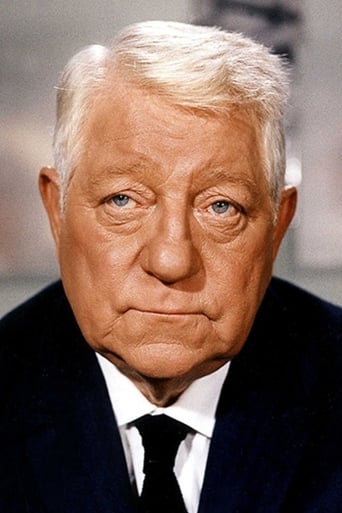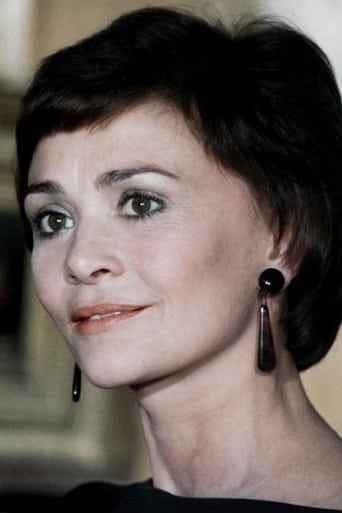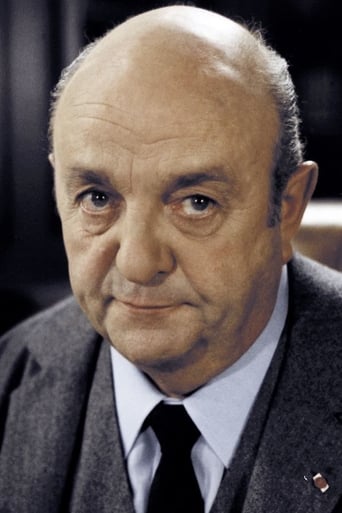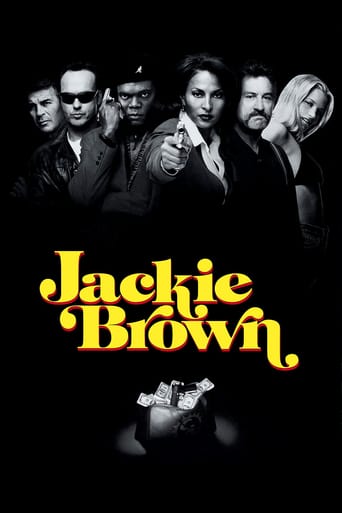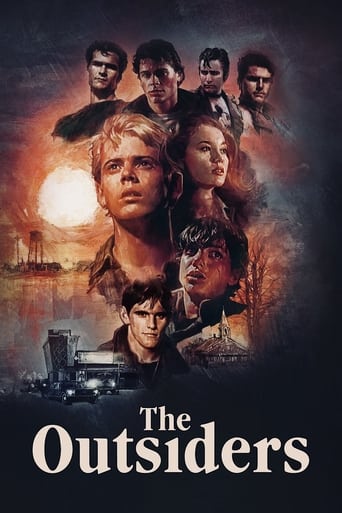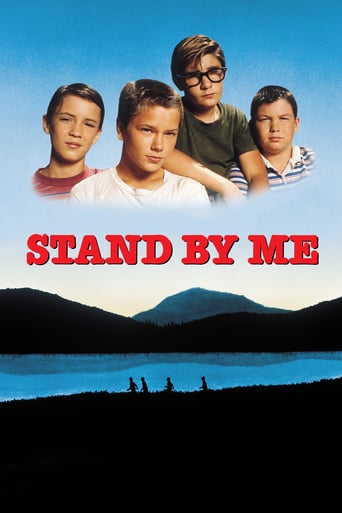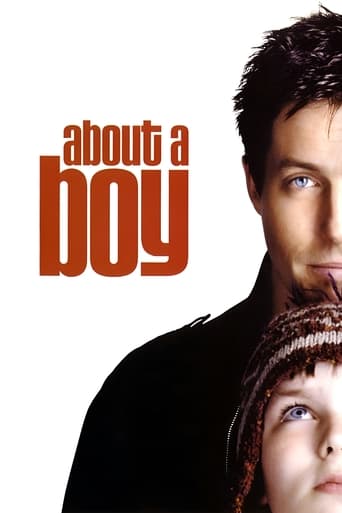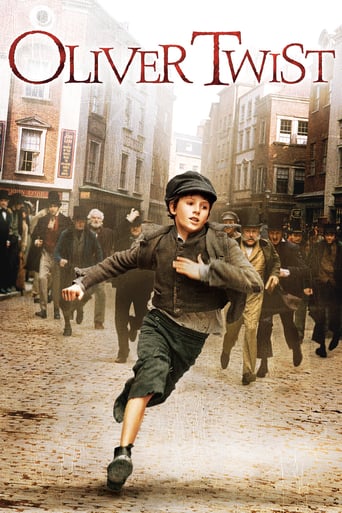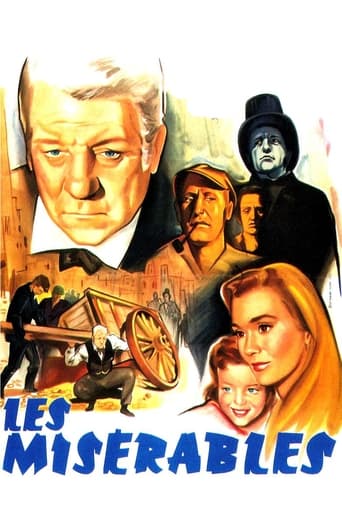
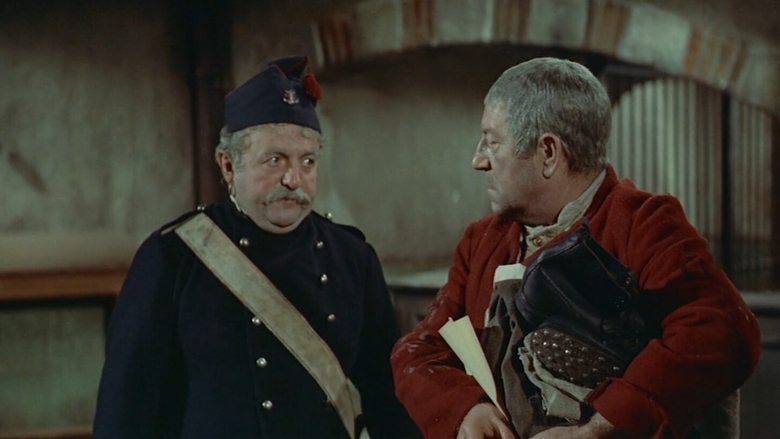
Les Misérables (1958)
In 19th century France, Jean Valjean, a man imprisoned for stealing bread, must flee a relentless policeman named Javert. The pursuit consumes both men's lives, and soon Valjean finds himself in the midst of the student revolutions in France.
Watch Trailer
Cast


Similar titles
Reviews
Recently I bought the film Les miserables on DVD, because in my youth it had made a deep impression. The French release is rather expensive, but fortunately there is also a cheap Chinese version, with subtitles that can be switched off. This requires that you understand French. Joke to enliven this review: acupuncture fees in China are so cheap it is called pin money. Perhaps the outstanding quality of the film is illustrated best by the fact, that even today I recognized many of the scenes. And believe me, I am old, I can remember when everything was fields. I start doing jigsaw puzzles again. The film excels in its plot, in the gifted actor Jean Gabin, in the scenery and in the music. The narrative is so characteristic of the nineteenth century, with a clear division between good and bad. It is true that Jean Valjean (Jean Gabin) has a criminal past, but actually this derailment is caused by a crooked society. And when Valjean is converted by a priest, he remains an angel for the rest of his life. What kind of fun does a priest have? Nun. In addition all love is pure. When the adopted daughter of Valjean meets a young man, it is love at first sight. In addition the political situation is fascinating. We see how street battles put aside the remnants of the royal rule. So there is plenty of romance, and this is of coarse what made Les miserables so appealing to the adolescent that I was. And I suppose that the film may still be attractive to people in developing countries like China. For, as Confusius said: war does not determine who is right, war determines who is left. On the other hand, the contemporary postmodern Westerner may take offense at the lack of nuance and psychological depth. Not withstanding this flaw, the film remains highly recommendable. Don't forget to leave comments. I love it.
To me, the best versions of Les Miserables- a literary classic, and "the great French novel" for a reason- are the ones from 1935, 1978 and especially 1934. Apart from some draggy pacing, staid directing and the very unexciting barricade scenes, this film was still very good and as an adaptation is better than the 1952, 2000 and especially 1998 adaptations. The film looks very detailed and beautiful if at times too clean, and the photography is very skillful and mostly fluid(if clumsy at times in the scenes with the barricade). The music is haunting and dynamic and occasionally playful, while the script is very literate and maintains the brusque nature of Hugo's prose and the story is faithful in spirit to the book with some parts expanded on like with Valjean and Javert- though things were changed to accommodate the age difference between the actors- and Valjean and the bishop, which none of the other adaptations or even the book for that matter did. The storytelling is still poignant and the message of the book is there and it resonates. Of the cast the standouts are Jean Gabin, Bernard Blier and Bourvil. But that is not to dispute Daniele Delorme as a touching Fantine and while Béatrice Altariba achieves some pathos if not being entirely successful at overcoming Cosette's blandness. Gabin is a noble and understated Valjean with a lot of charisma and emotion, his change from immorality and redemption is portrayed very convincingly. Blier's Javert is cold-blooded, obsessive, strong-principled but there is vulnerability and a conflicted side he brings to Javert as well, which stops him from becoming too much of a one-dimensional antagonist. Bourvi's Thernadier is very slimy and funny, one of the best in the role actually, he manages not to be too sadistic or buffoonish, for a comic-villain role that Thernadier is those are a danger and Bourvil doesn't fall into that trap. In conclusion, a very good film and adaptation but from personal perspective it's not a first choice. 7.5/10 Bethany Cox
Jean-Paul Le Chanois,as anyone past infancy knows ,at least in France ,was the "Bête Noire" of the Nouvelle Vague .More than any other director,Godard and his clique were ruthless when they used to speak of him.Unlike Carné ,Duvivier,Clouzot and Grémillon- other victims of the Young Turks who were better than their persecutors anyway- ,he was never restored to favor even by the contemporary critics.Jean Tulard writes in the "Dictionnaire des Réalisateurs" ::" He represents the mediocrity of the fifties cinema (...)He made the worst of all "les Miserables" versions(..) " Objections to Le Chanois's version remained: the pictures are too clean,the characters (particularly Danielle Delorme's Fantine) seem well-fed .Bourvil is miscast as Thenardier:he is too gentle ,too nice to portray him successfully.Cosette is forgettable as a girlie,she is totally bland as Marius's love.How can a director be wrong with the famous scene of the doll,which every French schoolboy and every schoolgirl in my country know by heart? Such is the case here.Waterloo battle and the scenes on the barricades are not really exciting .(But Hossein's slow motions in the 1982 version starring Lino Ventura were not really an improvement on it.On the plus side,Gabin is a good Valjean -he does not equal Harry Baur in the Raymond Bernard version though- and Bernard Blier is the best Javert I've ever seen.The Valjean/Javert relationship would inspire lots and lots of screenplays,"the fugitive" for instance.Also worthwhile is Silvia Montfort's portrayal of Thenardier's daughter:she easily outclasses Beatrice Altariba's Cosette.People complain because there are scenes in the novel that were not filmed.Let's not forget that it's a mammoth novel:only a miniseries could do Hugo justice.And anyway it's better than the Liam Neeson version and its happy end.NB:When the movie was released in France it was divided into two parts (called "epoques" (=eras)) which was the word they used at the time and the audience was invited to come back and thus pay twice to see the whole.
This version of the famous novel of Victor Hugo I found very suitable in general, with good acting and a narration, which give a real idea of the book. As I said several times several films never coincide with their original written versions, but this time the director Jean-Paul Le Chanois made a good effort in having a material as much similar to the book. Jean Gabin, for me the best all-time French actor, plays a good role as Jean Valjean seconded efficiently by Bernard Blier as Javert and several other French and Italian actors/actresses. I am sure that not all should agree with the opinion given here by me, but it depends how you feel about Hugo wrote. Misery is shown not only materially but spiritually as a sign of decaying society.


